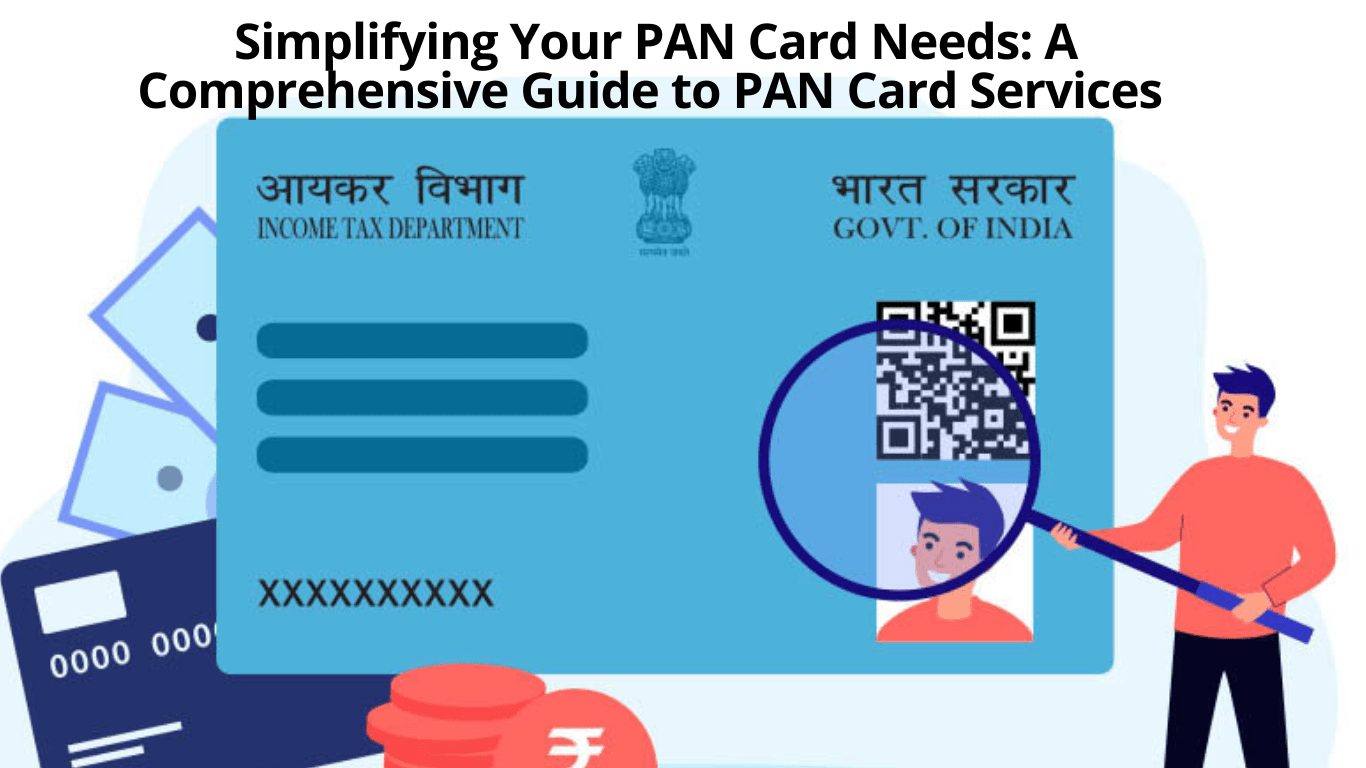Sweaty hands dangling down, a weighted sigh escapes from your lips as your eyes fall on the word approval. However, it may be too soon to start celebrating if it’s preceded by the word conditional. That means your odds of closing are high, but nothing has been written in stone. Here’s what you need to know about conditional approvals.
When Can You Close After a Conditional Approval?
If it were possible, we’d love to say the right time is now. But, the answer to how long to close after conditional approval is a bit more complicated. Conditional approval means the bank has seen your qualifications and approved of them. However, they’ve yet to be fully convinced of your creditworthiness.
Receiving conditional approval says the bank is willing to lend a certain amount. But, you have to meet their conditions first. Each time there’s a conditional offer, the exact requirements differ. Some ask you to provide income verification statements, proving yours is stable.

If using gift funds as a down payment, they’ll require a paper trail. Keep notes of where everything came from, so proving everything to the bank is easy. Nothing is worse than scrambling for a receipt you thought was thrown away months ago.
How Long Does It Take to Receive a Formal Approval?
If the bank has given you conditional approval, they’re most likely going to lend you the money. Just give them everything they’ve asked you to provide. Once they’ve received everything, it won’t be long before you’re signing closing documents.
Typically, provided timely document delivery, it’s normally 1 to 2 weeks. That’s how long there’s between receiving conditional approval, making an offer, and closing. It can take longer in some circumstances, so prepare some extra patience.
How Does a Conditional Approval Differ From Other Mortgage Offers?
The hardest thing as a newcomer is learning the difference between similar-sounding concepts. That’s how it feels trying to decipher the latest mortgage offer sent to you in the mail, occasionally.
Prequalification might send shivers of excitement shooting up the spine. Still, it may not be as exciting as you thought. Most prequalification letters rely on self-reported info, decreasing their reliability. They can be great at giving you an estimate of borrowing power, though.
The next step is a preapproval, which is a much bigger deal, too. This is what tells you the bank will approve your mortgage, assuming nothing changes. After this, you’ll get conditional approval.
What Happens After I Receive a Conditional Approval?
As long as you’ve supplied the requested documents, there’s nothing to do but wait. An unconditional approval will be sent to you after underwriting finishes. Your loan officer can take this and use it to finalize the mortgage application.
At that point, it’s only a matter of time until you’re looking at a verified approval. This is what you’ll take to the seller to show them your finances can back up the offer.
Can a Conditional Approval Be Denied?
Losing out on a nice house hurts, but it’s worse if you expected to own it. Usually, there’s nothing to worry about once the bank has sent you a conditional approval. Assuming you’ve given them everything, conditional approvals almost always lead to closing.
However, the bank can deny them if you can’t give them the requested info. They’ve given you conditional approval for a reason. Unless the conditions are met, the loan isn’t going to happen.
Reach out to your loan officer if the bank has sent you a conditional approval. They’ll help you manage everything while the mortgage goes through underwriting. If they’ve asked you for something, send it to them as soon as possible. That’s how you’ll speed up the process, getting you in a new home sooner.
Closing on a Home for the First Time
If you’re a first-time homebuyer, there’s quite a bit to take in. But, it’ll start feeling natural by the time you’ve signed the closing documents. It’s just a few weeks after receiving the conditional approval, typically. If anything happens, speak to the loan officer. They’ll make sure things are moving along swiftly.









